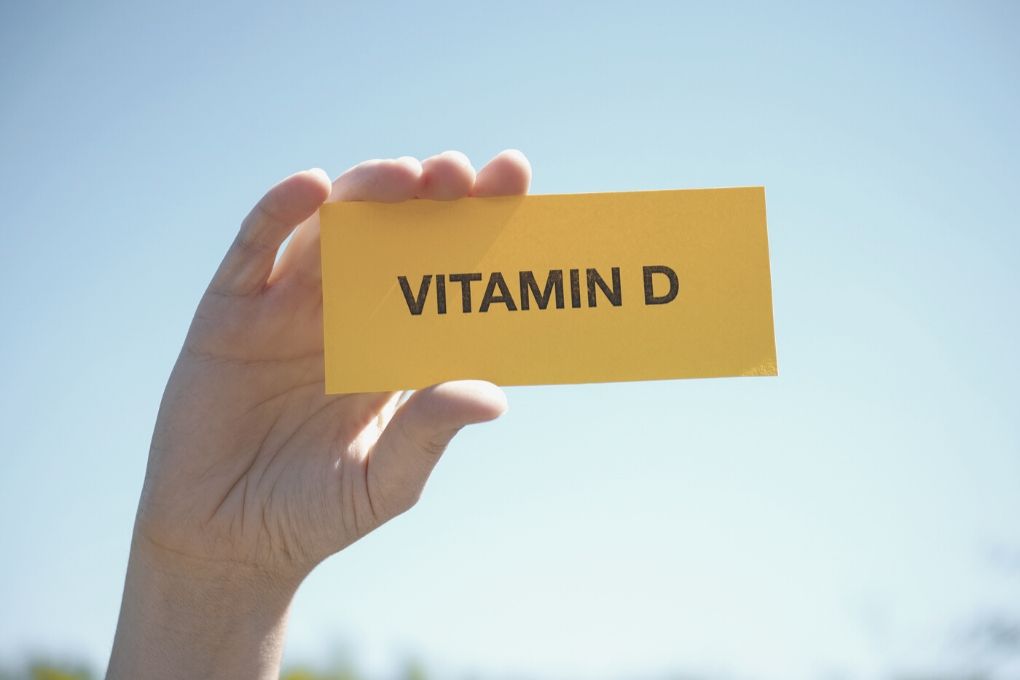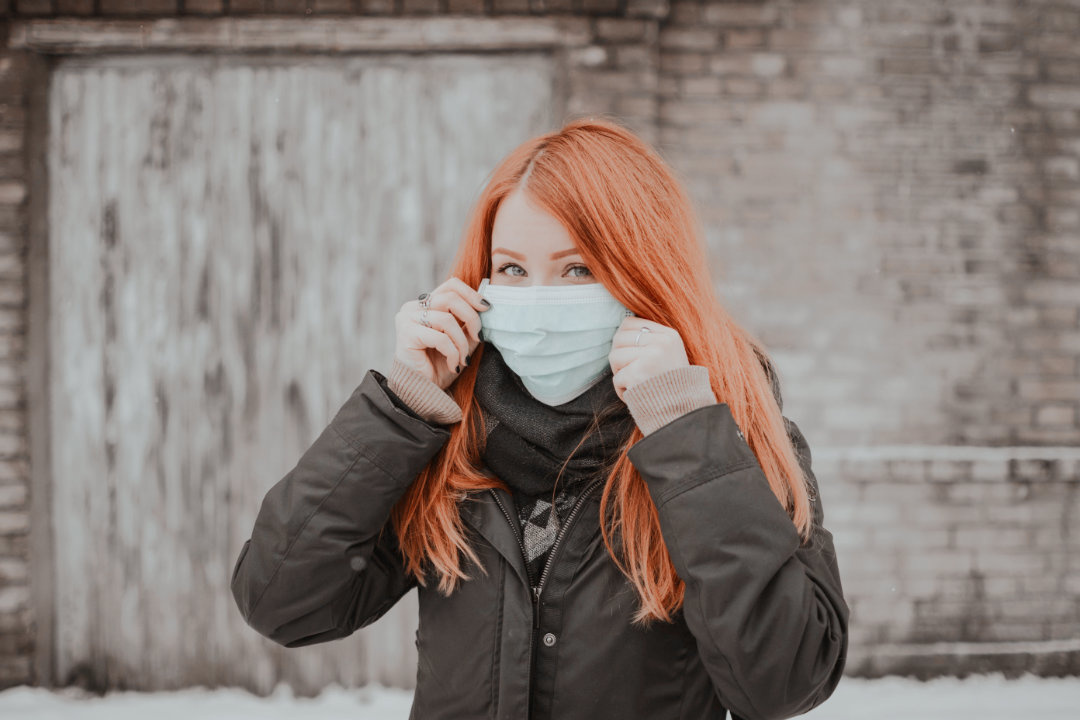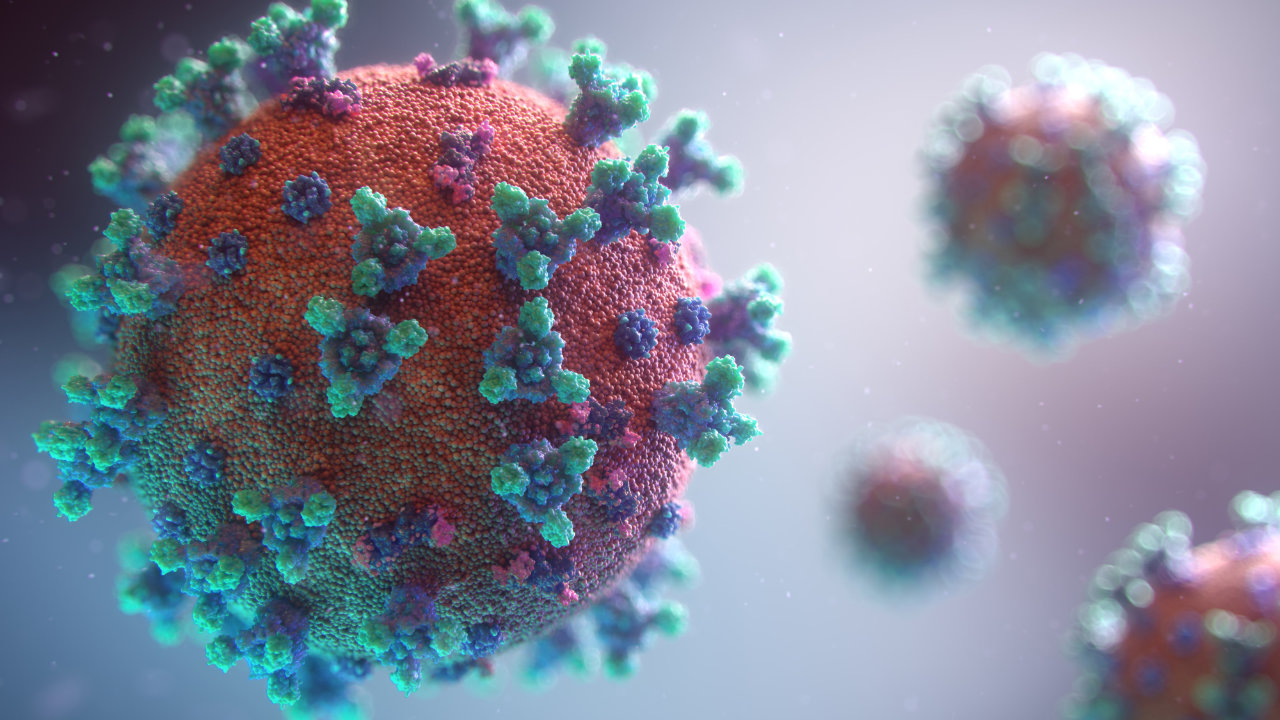FLU VACCINE FACTS VS FICTION
A lot of you have been asking about the flu vaccine, “when, how and who should get it?” That’s why this week’s video update is all about the Flu Vaccine!! Linda discusses the facts and fiction around the vaccine as well as what the risks are of getting both Covid-19 AND Influenza.
Topics discussed include:
🧪 What are the risks of getting Coronavirus and Influenza at the same time? [1:44]
🧪 Who should get the flu vaccine? [2:38]
🧪 When is the best time to get it? [7:00]
🧪 Can you really get the flu after having the vaccine? [8:30]
🧪 How to book an appointment and the procedure within the pharmacy? [11:13]
You can also read the video transcription
🧪1- What are the risks of getting Coronavirus and Influenza at the same time?
Linda Keane (00:00):
This week, our update is going to be about a different virus. The influenza virus for the last few weeks and months. The covert virus has been the shiny new kid on the block and it’s taken all the limelight. But we want to talk about the influenza virus as we’re coming up into the winter flu season. This infection still causes quite severe illnesses, hospitalizations, and even deaths. And in actual fact, last year there was at least 18,000 people that were admitted into hospital due to influenza. Normally, that’s not serious problem for our healthcare system, but in this kind of pandemic, what we really want to do is minimize the amount of people who are going to hospital for influenza and save the beds for covert patients. Back to covert for a moment, only a few short weeks ago, our rate of infection was doubling every three days.
Linda Keane (00:58):
Um, things looked dire and modeling has that came out just in the last day or so, showed that up to 90% of people in Australia could be affected and that our hospital systems would have collapsed under the load of people all needing health care at the same time. Then flattening the curve entered into our vocabulary and we all learned about social distancing with the aim of reducing transmission and keeping uh, the number of infections and the rate of infections to what our hospital system could cope with. We should probably give ourselves a bit of a Pat on the back because we are making a difference and everyone is doing a good job or at least 90% of you seem to be doing a good job. However, the flattening of the curve has thrown up. An interesting situation with regards to timing. Flu season normally peaks at around August and September and this also looks like it could be the time that the government does start relaxing some of those social restrictions and maybe even some travel restrictions.
🧪 2- Who should get the flu vaccine?
Linda Keane (02:05):
Um, it’s a point where we have to be very careful because there is the real possibility that you could as we’re starting to get a bit of freedom, a bit of normality, we could be hit with a situation of people getting both covert and an influenza infection at the same time. Given that these are both quite severe respiratory infections, the last thing we need is for people to be ending up in hospital having not one but both of these infections. Now that you know there is a risk, how do we reduce the risk? I’ll give you a very short answer. As in if you are over 65 our strong recommendation is that you get the flu vaccine and get it very soon. Being over 65 you do fall into a higher risk category and covert seems to have a more severe effect on the elderly.
Linda Keane (02:57):
In our population, anyone over 65 is entitled to a free flu vaccine through the national immunization program. These free flu vaccines are distributed to both GPS and also pharmacies. If you go to a GP surgery, you will won’t be charged for the flu vaccine because the GPS have the ability to, um, charge you through Medicare consults with our pharmacy. Unfortunately, we don’t have that ability. And so we do have a small charge of $10 to go towards covering our costs of providing what we think is a very valuable and convenient service to people whether they are over 65 or under 65. Why do we strongly recommend that the over 65 get a vaccination? Well, as you get older, just like everything else, um, your immune system gets a little bit sluggish and a bit tired and the response that it can give you is not as strong as what used to happen in a healthy young adult.
Linda Keane (04:01):
That manufacturers of vaccine realize that this occurs and what they do is they try to make the vaccines for elderly people much stronger. It’s this reason that we ask you when you come in, whether you are over 65 or under 65 so that we know whether to give you the stronger vaccine. Last year there was a bit of confusion because the over 60 fives vaccine only contained three strains of influenza virus and the under 60 fives contained four, but this year both vaccinations are exactly the same in the strains that they will cover you for. So be assured that you are getting the same as everyone. You’re just going to get a slightly, um, one that’s got a little more oomph to get your immune system working. But well, okay, so we’ve covered the over 60 fives and we’re saying you definitely should get a vaccine.
Linda Keane (04:56):
There are other two other groups that I actually want to highlight. Um, one of those groups is the people who are under 65 but also have a chronic health condition with these people. Um, one of the startling statistics is that they are 40 times more likely to die of influenza than a young healthy adult. Um, I was pretty shocked at that. Um, stat and unfortunately, only 42% of people with a chronic health condition under 65 actually bother getting a flu vaccine. Um, this year I think might be the year that I would say that it’s time to get one if you need to. The second group I’d like to highlight is, um, our frontline workers both in healthcare and in other essential services. Um, given the pandemic, it’s very, um, important that people get to stay at their jobs and even you’re young and healthy and you’re a delivery driver or you work at a supermarket or you know, you’re a pharmacy worker or you work anywhere where your, what you’re providing is essential for people to live.
Linda Keane (06:11):
When you come into the pharmacy to book, please let us know that you’re a healthcare worker or an essential services worker. We will definitely give you priority if there’s a lack of vaccines or if there seems to be not enough vaccines to go around. Um, because we obviously appreciate the help and that you’re putting yourself on the line. Currently less than 50% of healthcare workers get a flu vaccine each year. If you know someone that works with the sick or the chronically ill, what we want you to do is give them a bit of a prod and say, come on, it’s time. Our own teams, we practice what we preach and we have given flu vaccines to our staff at both nourish and at DUNS bruh. So you can also be assured that they won’t be passing the flu on to you. One of the questions we get asked in the pharmacy all the time is when is the best time to get a flu vaccine?
🧪 3- When is the best time to get it? [7:00]
Linda Keane (07:08):
Now normally we would say that, um, given the peak of the season is in August and September, that April may is generally the best time as you will get at least six months immunity, unity before it starts to diminish. However, this year there’s a couple of confounding factors in that. And the first one is that there is a hyper demand for flu vaccines at the moment. I don’t know if you’ve seen the news today, but apparently, um, pharmacies have vaccinated more people in three weeks than they did for the whole of 2019. The other reason is that as reported by the, um, health department, w H w Y hospitals have been relatively quiet apart from covert patients but relatively quiet with regards to respiratory illnesses. This may tempt people to think that if they’re socially isolating, um, and they aren’t seeing people then do they really need the flu vaccine?
🧪 4 – Can you really get the flu after having the vaccine?
Linda Keane (08:12):
And it is a good question. If you’re going to be around someone who’s immunocompromised pregnant over 65 or with a chronic health condition, then maybe you might consider getting immunized so that you will also act as protecting them from the virus as well. Another question we often get asked to, and all people tell us anecdotally is that they got the flu from the flu vaccine. Um, or that they wonder if they can get the flu from the flu vaccine. That isn’t possible. But I’ll explain that a little bit. When the flu vaccine is produced and the viruses grown and then it’s purified and then it’s chemically killed once it’s chemically killed, it’s broken up into little pieces like a jigsaw puzzle. And what they do is they put little pieces of the jigsaw into the vaccine and that vaccine then when it’s injected into your body, recognizes these little pieces as being foreign and starts that second line immunity where it builds up antibodies to that particular little piece.
Linda Keane (09:22):
Unlike Humpty Dumpty, it can’t be put back together again. And when the little pieces of virus don’t magically form into a whole virus again and they can’t replicate. So this is why scientifically it’s very, it’s impossible to get the flu from this. However, there are two scenarios that I want to go through and these tend to be the reasons why people think that they have get the cold or the flu at the time they get the injection. One of the things that can happen is if you’re unlucky, you may be getting symptoms of a cold or a flu around about the same time that you actually get your flu injection. And so you put two and two together and it seems like that that’s what’s happened to you and we can understand that. But unfortunately I think that’s just a coincidence. The second reason, and the reason I think most is the reason that most people feel is that you will get some tenderness in your arm where you’ve had a flu vaccine and sometimes people get a bit of a lump and some soreness for a couple of days.
Linda Keane (10:33):
Some people even complain about feeling just a little bit flowy, a little bit off, a little bit tired, and sometimes even a sniffle. What this is is that your immune system has already kicked in as, and what is happening is your general FirstLine immunity. So that’s not the immunity that recognizes the flu vaccine.
That’s just your general immunity has picked up that there is something foreign there and it’s sent the troops in to start working. So in fact, this is a good tick for your immune system. And um, I’d be saying, yay. That’s good. You’re doing well. Lastly, I just want to give you a rundown of our immunization service vaccination service this year. Normally we offer a walking service where it’s very convenient and you can just pop in any time and a pharmacist will be able to help you with a vaccination. But unfortunately in this time of when we’re in a pandemic situation, we’ve had to change the way that we do things and we’ve changed to an appointment system and we hope you appreciate why we’ve made these changes.
🧪 5- How to book an appointment and the procedure within the pharmacy?
Linda Keane (11:42):
By sticking this appointments, what happens is we can spread out the flow of patients coming in and um, minimize any cross infection and spread of any kind of illness. Not only just influenza by keeping the numbers inside the shop down. We also are following the rules that have been suggested with how many people should be in enclosed spaces. When you do come for an appointment, we will give you a form to fill out and ask you to sit in our waiting chairs which outside the pharmacy and fill out that form for us. Then you will be bought into the pharmacy where the pharmacist who will be wearing a mask and take you into the consult room. They will give you the injection within a two minute timeframe and then you are able to go outside and sit on our chairs again waiting for the observation period of 15 minutes after your injection.
Linda Keane (12:42):
Just to make sure that everything is okay and you’ve suffered no adverse effects. The 15 minute time gap between patients allows us to follow some strict cleaning and disinfecting procedures between each patient patient. We’re very focused on reducing your chance of infection and this is a priority for us in offering this service to you. We appreciate your patience and understanding and one of the, this is one of those times where we ask you to turn up exactly on your appointment time. There’s no brownie points for being early because it’ll also avoid people waiting outside and forming cues. If you would like to book a flu vaccination through the pharmacy, the Dunsborough pharmacy will be the one that is doing all the flu vaccines. What you need to do is either call us on the telephone or come in and let us know and we can put you on our waiting list and we will as we work through our list, we will space ever and out over the next few weeks to make sure that you do get the flu vaccination. So that’s it from me for this week’s update. I hope you found this information to be of some use to you. Um, it’s, uh, thank you for watching through to the end. Of course. Um, please contact our pharmacists if you have any questions about anything that we have said in this video or that I’ve said in this video and till next update, um, take care and stay safe.
You can also watch this video on Youtube and if there are any other topics you would like to know more about please let us know. We are here to help you.
To book an appointment email us at [email protected] or call on 08 9755 3272.
Take care and stay safe.







